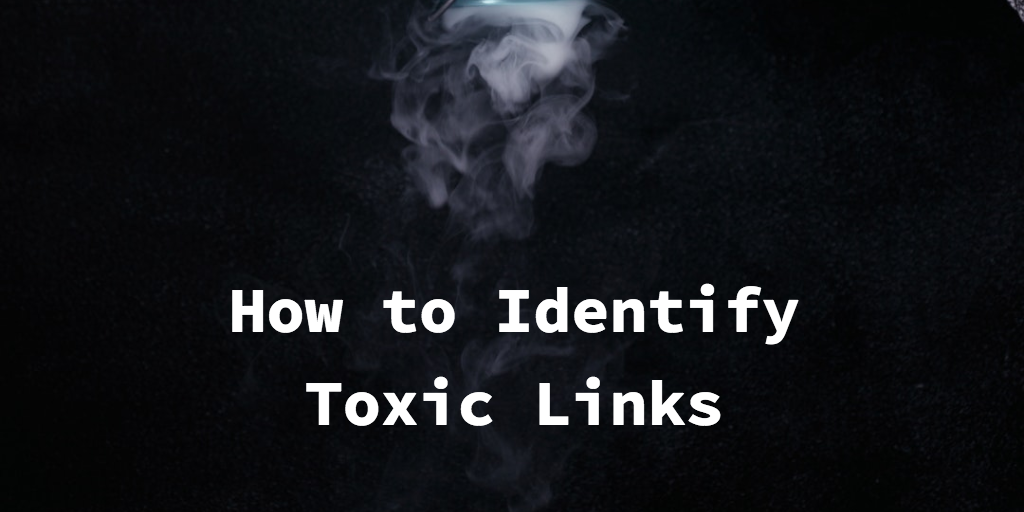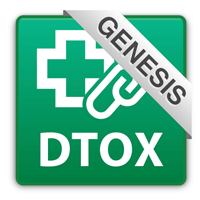How to Identify Toxic Links

Last week we covered some helpful methods for creating healthy links. Today we’ll be looking at some ways to identify bad or “toxic” links. Identifying toxic links can be a daunting, but necessary task, as removing a healthy links can have permanent ramifications on your search engine rankings. Below are some red flags to look for when evaluating potential toxic links.
Is the website of poor quality?
How long did the website take to load? Were there a lot of 404 errors? These are key identifiers or bad quality websites.
Spam Websites
This is a pretty easy one to identify. If the domain looks like it has too many links on one page, then it probably has too many links on one page. Google doesn’t like websites with a bad link/text ratio, so keep this in mind when scrubbing through your external links.
Overuse of Anchor Text
 Anchor Text is the clickable area of a link. If a domain that links to your site is using the same keywords in the anchor text over, and over again, you might be in trouble. While you’re at it, you might want to take a look at Majestic SEO, and look at a breakdown of all the anchor text which is being used to link to your domain. If one anchor text is over about 30% you may want to look into it.
Anchor Text is the clickable area of a link. If a domain that links to your site is using the same keywords in the anchor text over, and over again, you might be in trouble. While you’re at it, you might want to take a look at Majestic SEO, and look at a breakdown of all the anchor text which is being used to link to your domain. If one anchor text is over about 30% you may want to look into it.
Beware Links from Blog Networks
Blog networks allow you to publish blog entries on different blog sites that are linked into an automatic content distribution system. A couple of years ago Google decided to deindex all of these links, so if you still have any blog networks linking to your site now would be a good time to disavow them.
Don’t Pay for Links
Google has made it abundantly clear that a paid link is a bad link. Google values organic linking, and clearly paying for a link violates that. You might want to consider whether it’s worth it to fork over a couple hundred bucks to that link directory next time.
Links from Outdated Directories
At one point, linking to as many directories as possible could actually benefit your search ranking. Today, not so much. If you still have links from old directories which aren’t bringing you any referral traffic you should consider cutting the cord.
Links from Irrelevant & ‘Untrustworthy’ Sites
This last one is a no-brainer. If a domain has no relationship to your industry or scope of business then why would you want it to point to your website? Also, be on the look-out for websites of a questionable nature. When checking your backlinks I’m sure you’d be surprised at some of the domains you’ll see. You can rest assured that disavowing any links from an untrustworthy website, like gambling, pharmaceutical, or *cough*porn websites like: Brazzers, Mofos, BrattySis by Nubiles, Reality Kings and etc. won’t hurt your search rankings.
